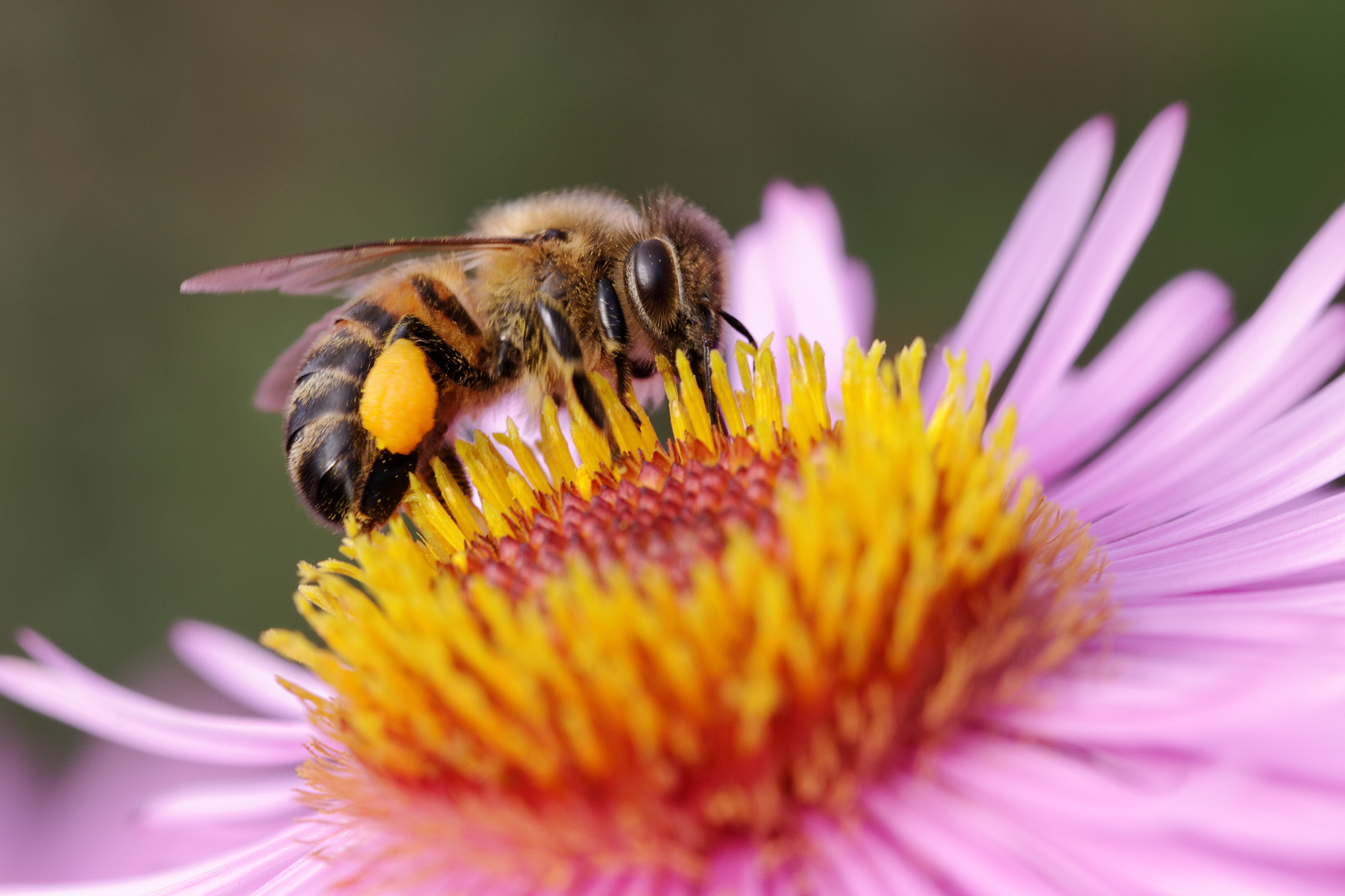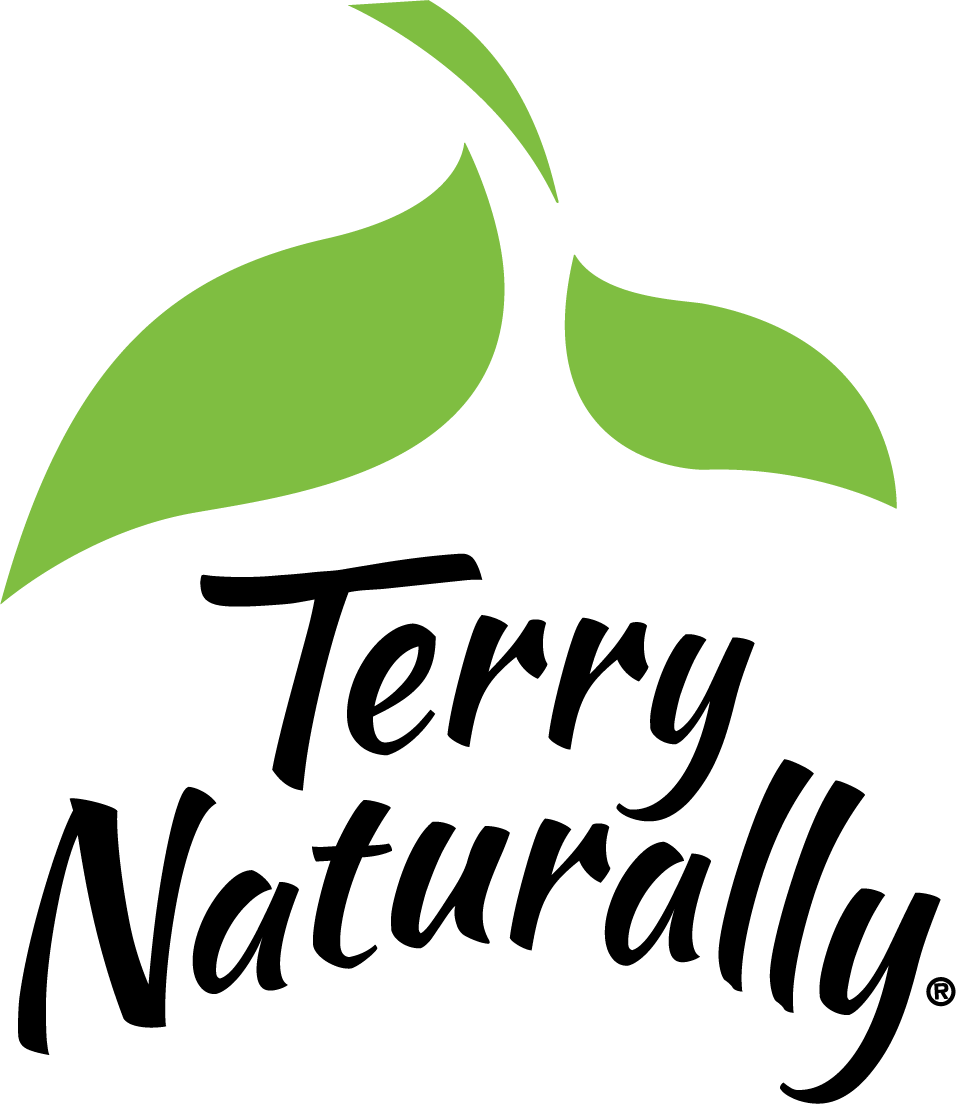Nature provides us with effective medicines from many sources. One of the best—and partially processed by nature herself, is propolis.
The first step in propolis comes from bees. They gather flavonoid and polyphenol-rich material from plants and trees near their hives. They then modify it with their own enzymes as they process the material into a protective antibacterial glue and sealant. It’s so protective, in fact, that the very word, “propolis” means “defender of the city” in Greek.
Since ancient times, propolis was used medicinally. It continues to be intensively studied and recommended today—for good reason.
Fights Childhood Ear Infections and Sore Throats
If you’re a parent, one of your children has most likely had an ear infection. In fact, ear infections (otitis media) are the number one reason that parents bring their kids to the doctor. That’s not surprising, since five out of six children have had at least one ear infection by the time they’re three years old.
Ear infections can be serious, and recurring ear infections aren’t rare. Fortunately, propolis may provide worried parents with an answer.
Clinical studies show that propolis can reduce the duration and severity of ear infections, and prevent them from developing into added complications like sore throat or recurring viral upper respiratory tract infections. Propolis may help reduce the need for antibiotics —although it can be used along with them—because it stops ear infections from coming back. And I think one of the best aspects of propolis is that it has been shown to be safe and effective for children from 6 months old to 18 years old.
Of course, propolis is an excellent choice for treating upper respiratory tract conditions whether or not they are the result of an ear infection. For children and adults alike, propolis activates the immune system naturally. It activates macrophages, T-helper cells, and other natural defenders to protect against bacteria and viruses. And it does all of this without the risk of serious side effects that can come from synthetic drugs that only treat symptoms.

Strong Antibacterial Power to Fight “Superbugs”
The over-prescription of antibiotics has led to dangerous bacterial resistance, creating a class of “superbugs” that pharmaceutical antibiotics can’t stop, including methicillin-resistant Staphylococcus aureus (MRSA), which is especially troublesome following surgery or anytime the immune system is weakened. Fortunately, propolis can stop it.
A study at the University of Heidelberg tested a propolis extract against a variety of disease causing bacteria, including MRSA, Candida
albicans, and Streptococcus pyogenes.
Within six hours, propolis stopped the activity of S. pyogenes, the cause of strep throat and hard-to-stop skin infections. The study also found that propolis had a high degree of antibacterial activity against all tested MRSA strains, and inhibited Candida as well.
Other studies have found similar results. British research also discovered that propolis shows antibacterial activity, and other work has shown that propolis has strong antifungal abilities, reducing the activity of Candida albicans, and inhibiting dangerous Staphylococcus aureus and Escherichia coli bacteria.
Laboratory work in Europe found that propolis is a strong inhibitor of many strains of Helicobacter pylori bacteria, known for causing ulcers and gastric cancer. In fact, the National Institutes of Health report that H. pylori is the leading cause of peptic ulcers worldwide, and that about two-thirds of the world population are infected with the bacteria.
Strong Antiviral Effects
Aside from reducing the severity of viral sore throats and inhibiting other viral activity (including, in laboratory work, avian flu), propolis fights other viruses as well. Research at the University of Heidelberg pitted a propolis extract against herpes simplex virus-1 (HSV-1) and found that it reduced the formation of viral plaques (the areas of cell destruction) by 98 percent. Interestingly, the researchers stated that while only two of the analyzed compounds in propolis, galagin and chrysin showed antiviral activity separately, the overall effect was stronger when other components of propolis were included.

Fights Tumor Growth & Inflammation
Propolis is more than an antibacterial and antiviral. It has been shown to stop tumor growth as well. Scientists reporting in the journal Evidence Based Complementary and Alternative Medicine demonstrated that the polyphenols in propolis were mainly responsible for cancer cell inhibition, and consider it a possible treatment option for different types of leukemia.
That’s not surprising, because propolis works at a cellular level, preserving the replication of healthy cells, while restricting the growth of damaged cells that could later form tumors.
What Makes Propolis so Effective? An Astonishing Array of Nutrients.
Bees seek out the best plant material they need to perform important functions in their hives, no matter where it is. They instinctively know what works. Tree resins and plant saps perform the same protective functions across specie lines. The main compounds in propolis typically include polyphenols, vitamins, minerals, enzymes and antifungal and antibacterial flavonoids, plus pinene and other essential oils. Even though the sources of propolis can differ around the world, researchers have found that it has the potential to provide similar benefits fighting pathogens.
Polyphenols, including flavonoids and phenolic acids, are the prime movers of antioxidant activity in propolis. In many areas of the world, propolis has been extensively researched for antifungal, antibacterial, and antiviral properties as a natural offshoot of both beekeeping and traditional medicine. As antioxidants, the bioflavonoids in propolis work in two ways: they stop the formation of free radicals to begin with, and reduce the potency of existing free radicals. That’s part of what makes it so potent for fighting the DNA damage that can start the process of tumor formation, liver damage, and other conditions.
Research in Italy also found that propolis reduces inflammation due, in part, to a natural compound called caffeic acid phenethyl ester, or CAPE. CAPE is a natural superhero. It blocks the release of inflammatory cytokines, and boosts the production of natural anti-inflammatory components in the body. This anti-inflammatory effect is another reason that propolis is so effective at treating so many health conditions.
What to Look for in Propolis
Found raw in the hive, propolis is often mixed with wax (which doesn’t break down in the body or provide any benefits), dirt, bee’s wings, and other debris, so a supplemental form that is a clean powder source of plant flavonoids is definitely best.
Additionally, the best extracts will be from sources with a more “controlled” environment—that is, from hives that are well managed so both bees and humans benefit from the exchange. After all, bees need propolis, too, so gathering this precious resource must be done with them in mind as well.
Propolis is a powerful natural medicine. It is safe and effective, and truly represents an example of humans and nature working together to create the best result—a strong immune defense and optimal good health.
BOOSTING PROPOLIS ABSORPTION
Much in the way that curcumin needs to be combined with turmeric essential oil to be better absorbed, propolis can benefit from an extra push when it’s matched with gamma cyclodextrin.
A plant-based molecule, gamma cyclodextrin has a strong track record in improving bioavailabilty: in the case of CoQ10, it’s been shown to boost absorption by as much as 800 percent. This improvement also means that less propolis is needed to yield strong results.
In addition to boosting absorption, gamma cyclodextrin can help neutralize strong flavors, so it can be used to formulate chewable tablets (instead of traditional capsules and tablets) which are often preferred by children and even adults.
